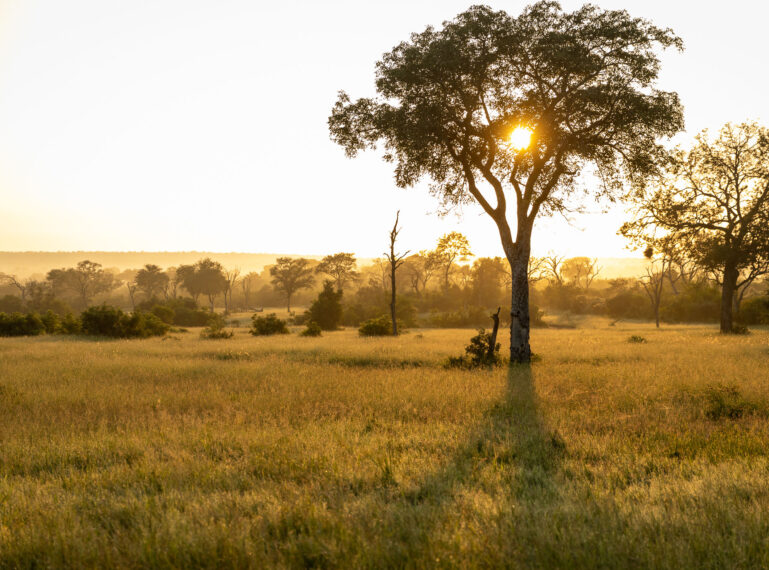
We’ve just published a blog post about our top 10 safari FAQs, covering several important questions. Continuing with this theme, we’re now sharing additional FAQs specifically designed for first-time safari goers. These questions will answer your queries about everything from what to know before going on safari and what to expect.
Here are your 5 essential safari FAQs for first-time safari goers.
What do I need to know before booking a safari?
Although a broad question, there are a few general areas to tackle. You need to know that a safari is a wilderness experience where your accommodations are luxurious, but the activities are adventurous. Wildlife sightings are not guaranteed. If you book through Sun Destinations, you should be aware that you’ll be located in a private reserve where animals roam freely—no guide or tracker can guarantee specific sightings. This unpredictability is part of the adventure.
There are two main safari seasons: summer and winter, with shoulder seasons that fall in between and are less crowded. Winter is colder and drier, making it easier to spot wildlife due to less dense vegetation. Summer is rainy but beautiful, with excellent birding opportunities.
Both Kruger and Botswana are malaria zones, so it’s important to confirm with a healthcare provider whether anti-malaria medication is necessary.
It’s advisable to consult someone on our team or an expert to help arrange your transfers and find the right type of accommodation to suit your style and budget.
Where is the best place to go for a first-time safari?
It depends on the environment and landscapes you enjoy, the wildlife you want to see, the activities available, and how much time you have. Popular first-time safari destinations in Kruger include the Sabie Game Reserve and Klaserie Private Nature Reserve. The Klaserie is home to many lion prides and the Big Five, while the Sabie is known for its leopard sightings.
Avid adventurers can enjoy bush walks and game drives in the Klaserie, whereas those seeking something a bit more relaxed can view game from the swimming pool at Umkumbe Safari Lodge Riverside, which offers views of the seasonal Sand River.
Botswana’s contrasting landscapes offer-up water based safari destinations (Okavango Delta) and savannah type reserves lined with avenues of baobabs (the Chobe region). For Botswana, you’ll need to decide it you’d like a land-based or water-based safari experience. Great options for first-timers include Chobe Mopani Forest Lodge and Camp Savuti.
What do you do during the day on a safari?
This is entirely dependent on the lodge where you’re staying. Most camps and lodges have a cordoned off boma area complete with campfire, viewing decks and a swimming pool. There might be a small gym on-site, curio shop and lounge/library area.
An example of safari daily itinerary for Kruger includes:
An example of safari daily itinerary for Botswana includes:
Are safaris conducted in a normal vehicle?
Safaris are conducted in small open-topped trucks, which are either Land Rover 4x4s or Land Cruisers. There are rows of canvas-covered seats with pockets at the back and a tracker seat at the front. The tyres are designed to navigate rough terrain, go off-road, and handle mud and possible areas of water. Typically, these vehicles are fitted with two-way radios in the front to communicate any wildlife sightings to other guides.
What should I pack for a safari to Kruger?
For a safari to Kruger National Park, pack lightweight, breathable clothing in neutral colours, including long-sleeved shirts and trousers for sun protection, along with warm layers for cool mornings and evenings. Bring comfortable walking shoes or boots, as well as sandals for relaxing. Essential accessories include a wide-brimmed hat or cap, UV-protective sunglasses, and a lightweight scarf or buff for dust and sun.
For toiletries, take a high-SPF sunscreen, insect repellent (preferably with DEET), and travel-sized personal items. Pack a few useful items like binoculars for wildlife viewing, a camera with extra batteries and memory cards, and a reusable water bottle. Health essentials include a small first aid kit with basics like plasters, antiseptic wipes, and pain relief, along with any personal medications and travel insurance documents. Lastly, consider a guidebook or map of Kruger and a small notebook for any observations.
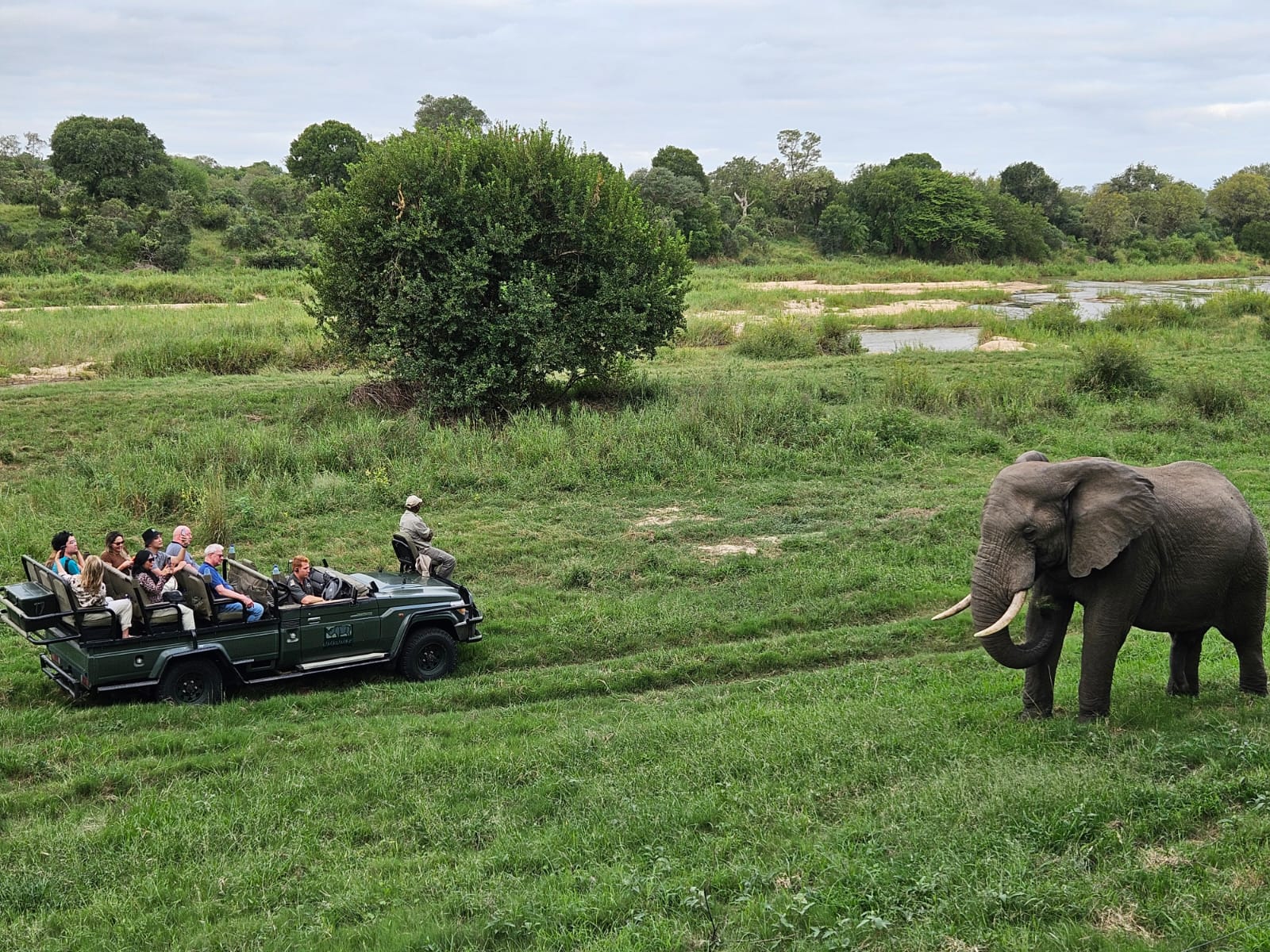
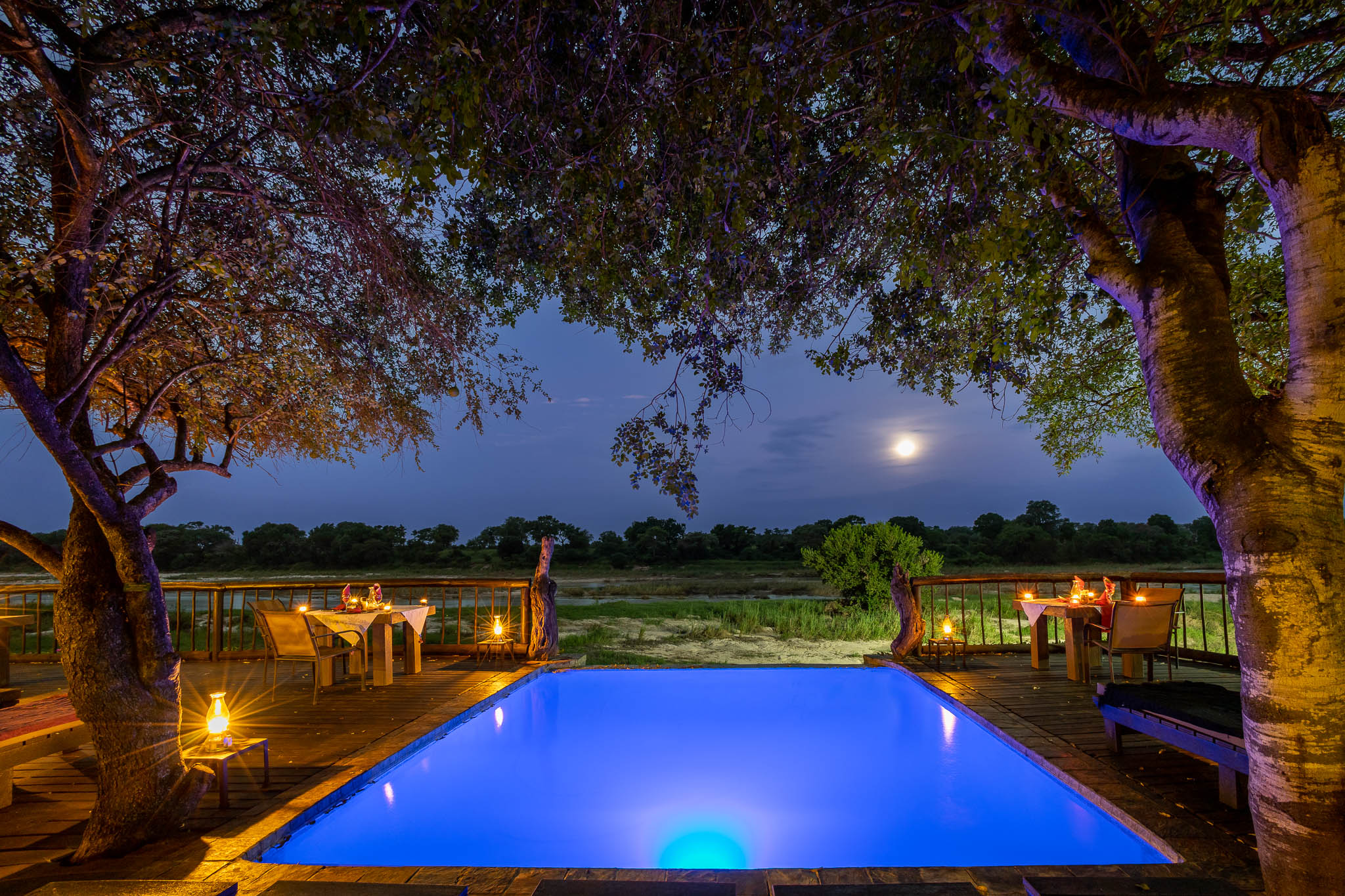
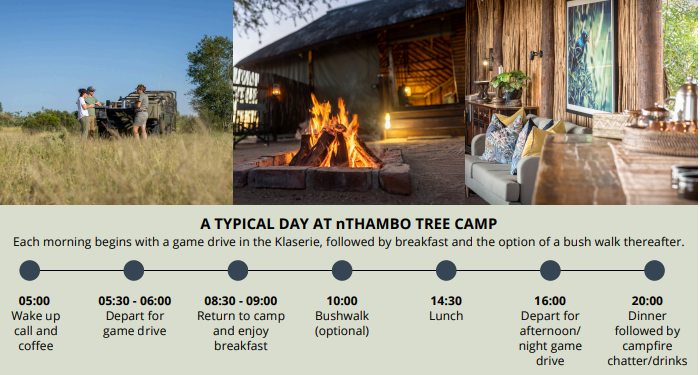
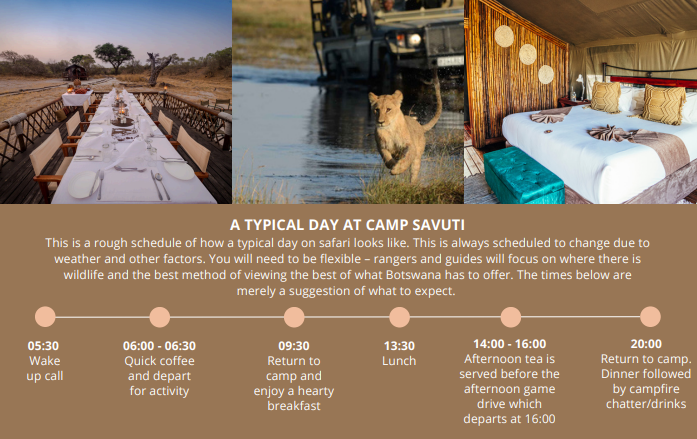
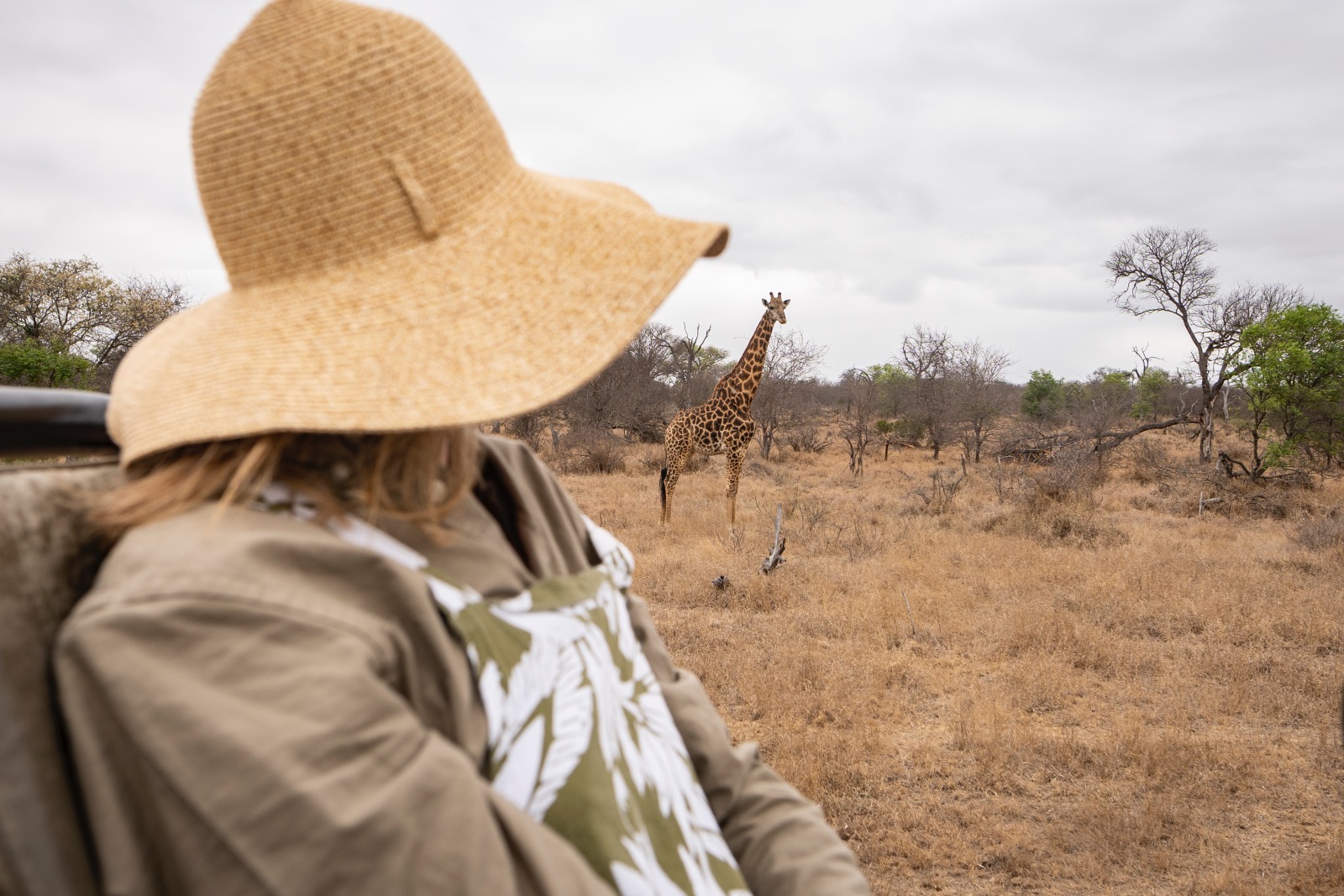
Leave a Comment